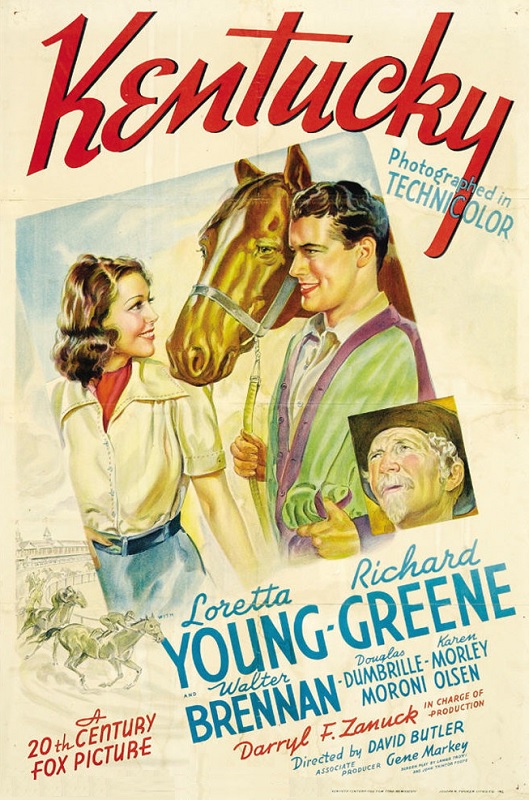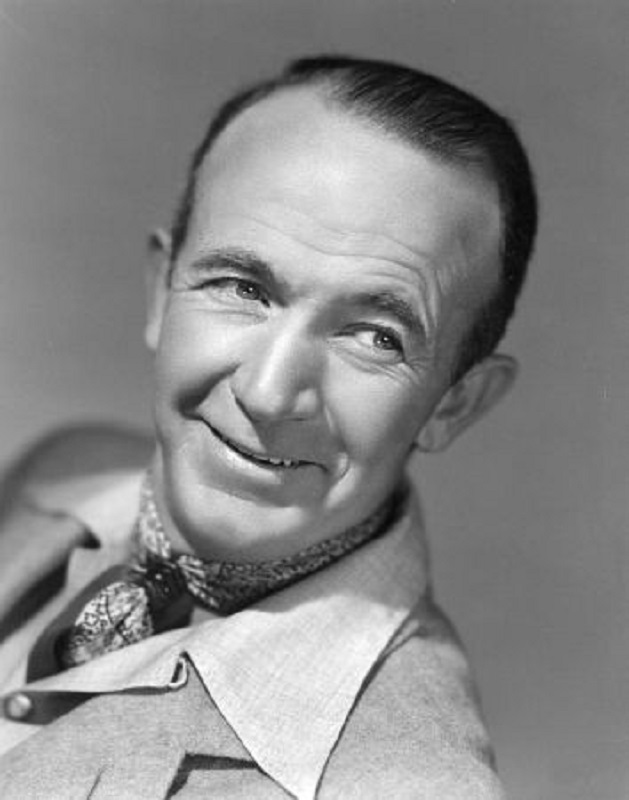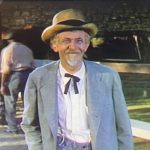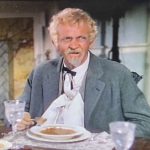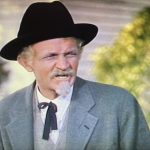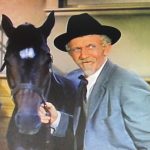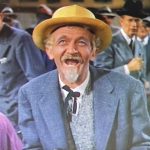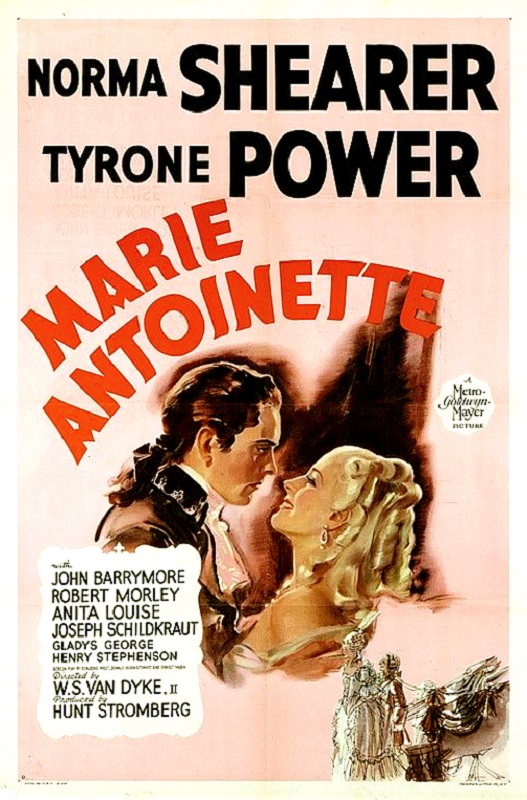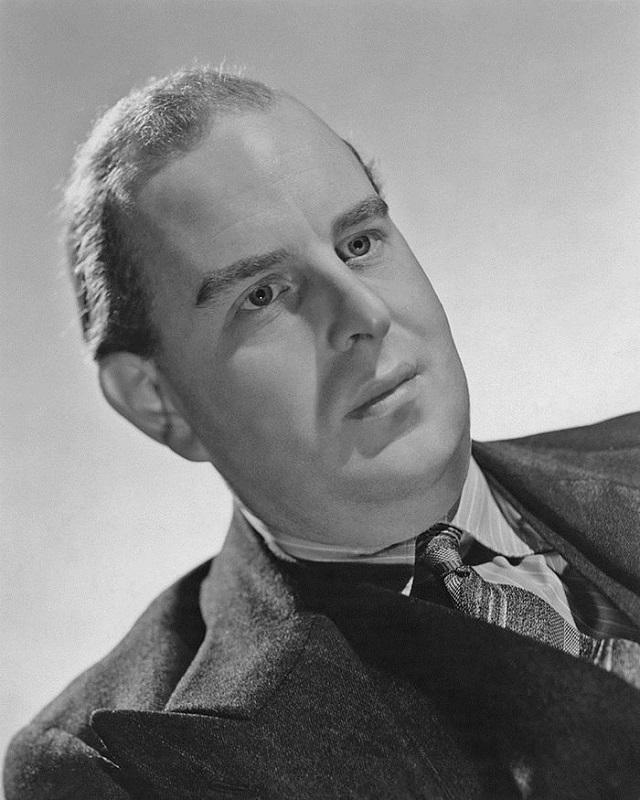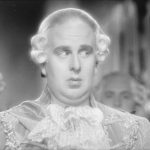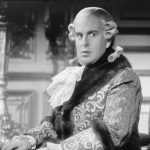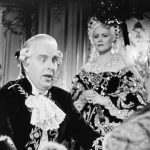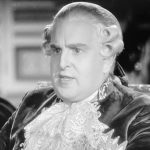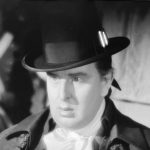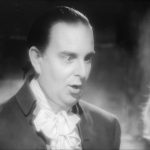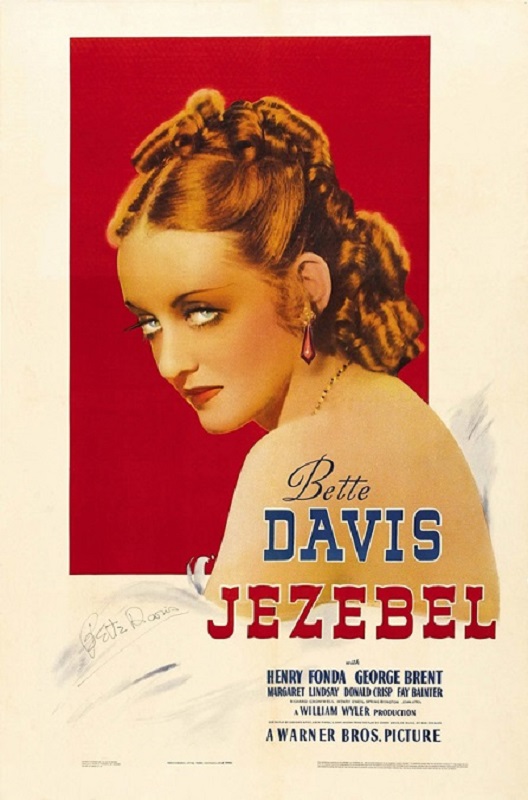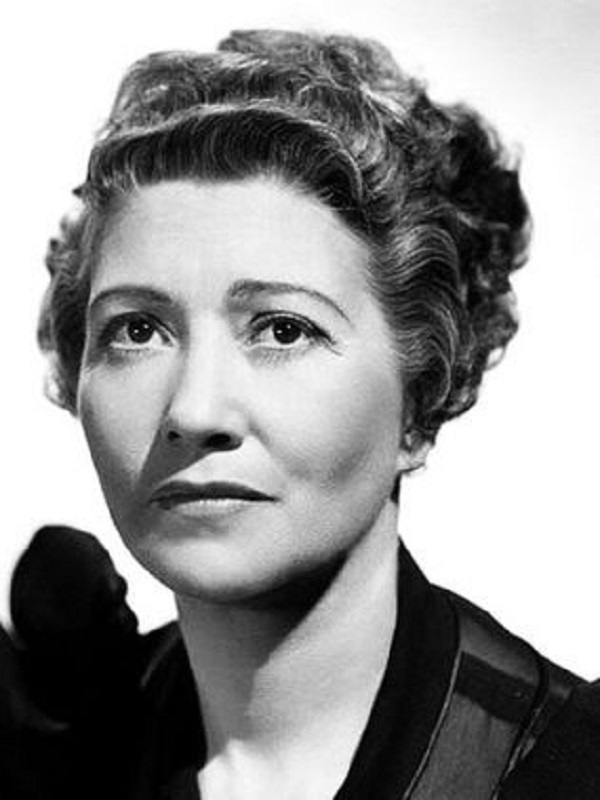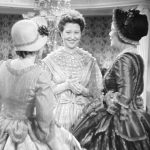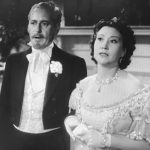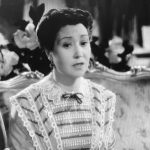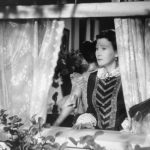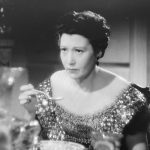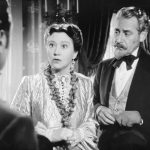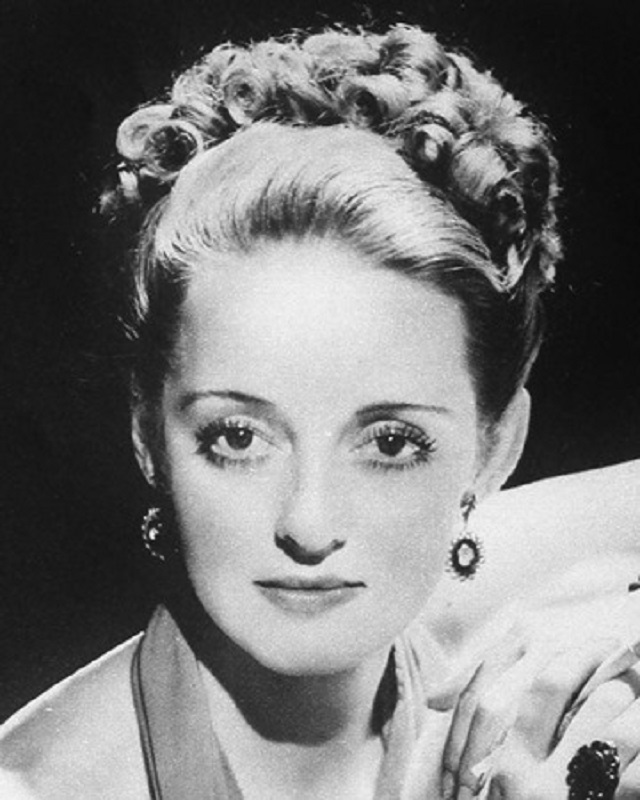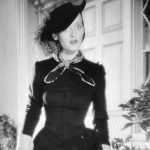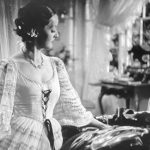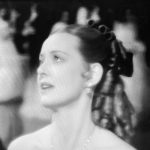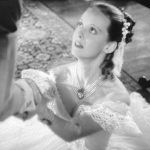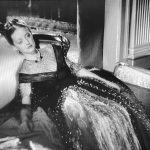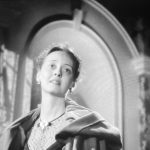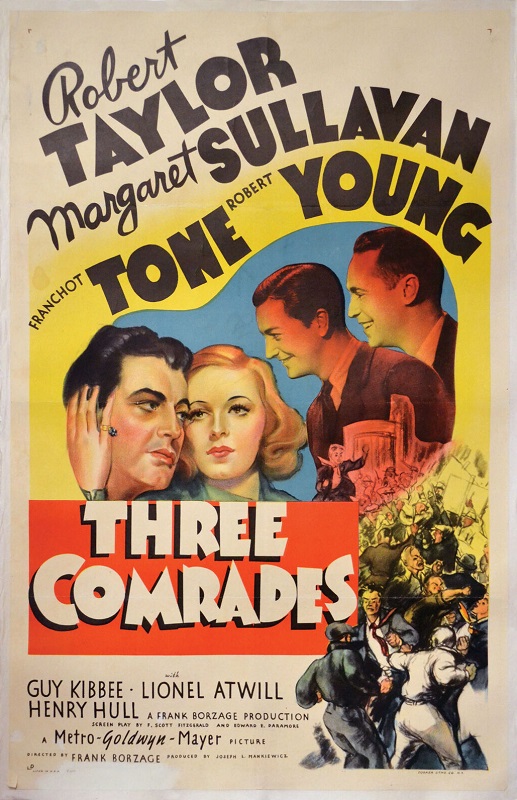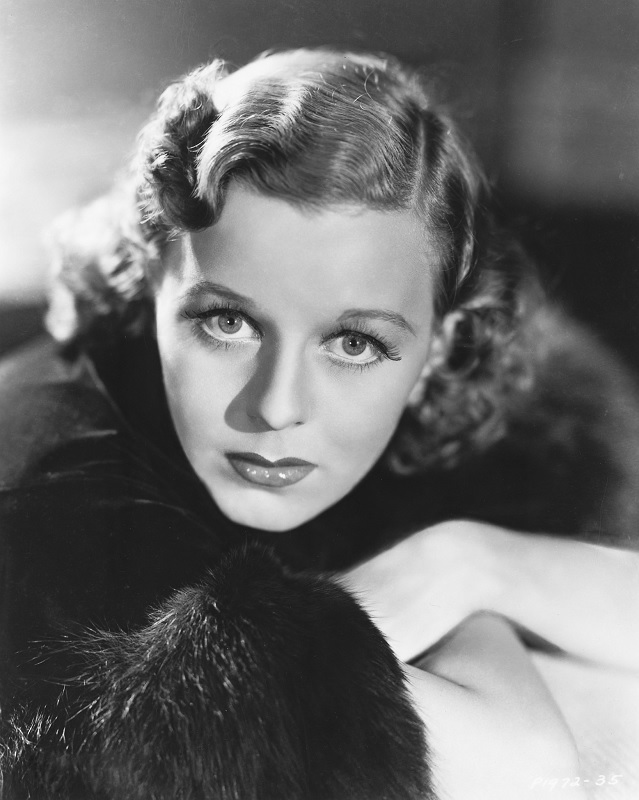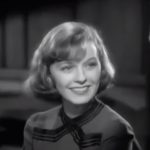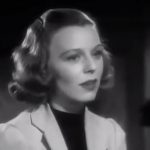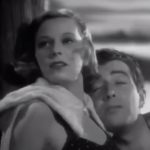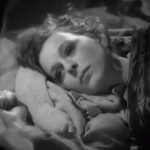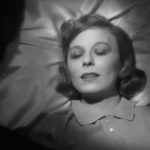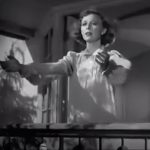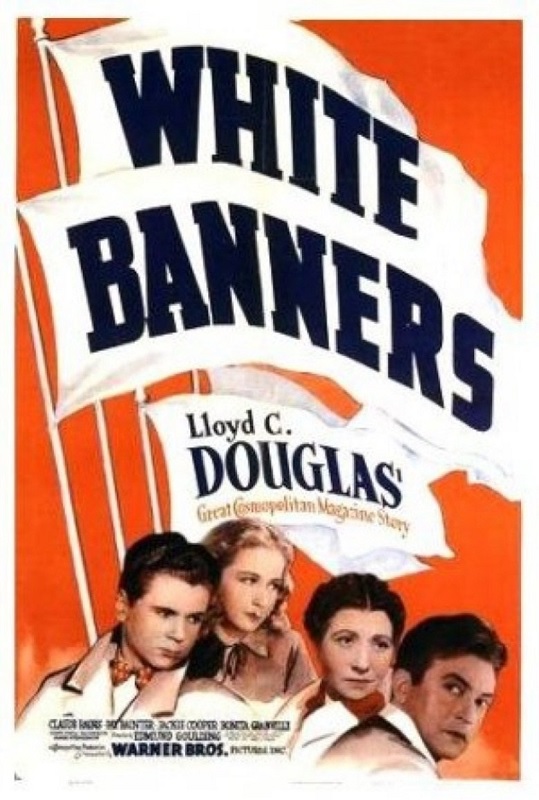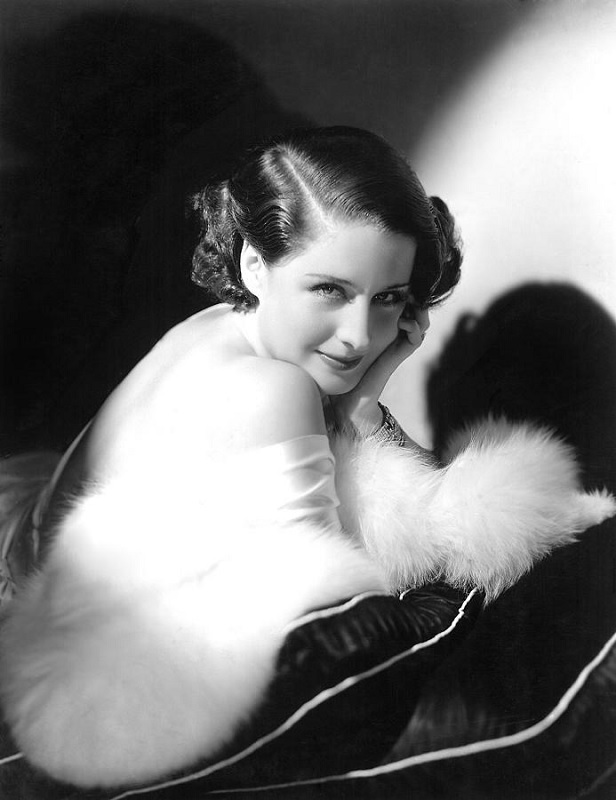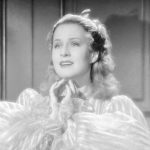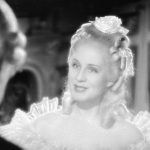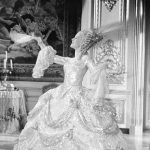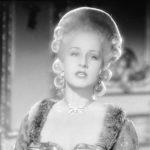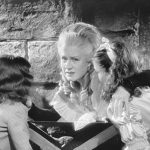Cast Photos
Character Posters
Iron Man 2
Robert Downey Jr. does it again! I’ve already commented on how he was so perfectly cast as Tony Stark, how he was able to flawlessly embody both the man and the superhero, Iron Man. And while I’m on the subject of casting, I’d like to mention how amazing it is that with only one notable exception, the major players in the Marvel Cinematic Universe have all stayed with their roles for the duration of the Infinity Saga and beyond. As I write this, the MCU’s phase 4 has just ended, and phase 5 is about to begin, and the only major character that changed was Edward Norton playing the Incredible Hulk in his first appearance, but being replace with Mark Ruffalo in all forthcoming films.
Here, we have a secondary character, at least he was at the time, Rhodey, played in the first Iron Man movie by Terrence Howard, was replaced by Don Cheadle. Personally I have always been a fan of Cheadle as an actor, and I thought the change was a good one. Howard didn’t do a bad job. Cheadle was just better. And we are introduced to a major superhero and fan favorite, Black Widow, played by Scarlett Johansson. She has a fighting style that to my untrained eye, looks completely unique to her character. It is like martial arts, but with a lot more body contact like aggressive wrestling, and a healthy measure of gymnastics. The first time we see Black Widow unleashed was something like the first time we saw Darth Vader unleashed at the end of Rogue One, except that this came first. She was totally bad-ass, and she looked good doing it!!
We also got two new villains, one of whom was pretty cool, the other, unfortunately, not so much. Justin Hammer, played by Sam Rockwell, was so arrogant and so smarmy, that you couldn’t help but love him as a bad guy. Whiplash, played by Mickey Rourke, had the potential to be a really great baddy, but I don’t think he was written well. He just got defeated a little too easily… twice. The first time he attacked Iron Man on the race track in Monaco, we see that his electrified whips can slice cars up like cake. But Iron man just grabs one of them, uses it to pull himself to Whiplash, and takes him down with a couple quick punches. Then he tears out his mini-arc-reactor, and that was it.
The second fight, Whiplash’s drones seemed like more of a threat than he, himself, was. When he came in, the skirmish lasted a very short time, and the villain was taken down with the single super-blast from the two converging energy beams. I don’t know. I just wanted the bad guy to seem more powerful and harder to beat. At least he embodied the mentally unbalanced thing pretty well. Maybe some of his questionable decisions could be attributed to that. Still, he looked the part. He was physically imposing and you could tell he was no weakling.
The one thing that never sat well with me, though it was visually cool to watch on the screen, was the new way Iron Man put on his armor. So there he is, on the race track, and Pepper and Happy arrive in the car. Pepper has the suit that is disguised as a briefcase. So that means that the small briefcase-sized package should weigh the same as the fully deployed suit of armor, right? She should not have been able to lift it. OK, suspension of disbelief.
But overall, it was a great movie. The casting was spot-on, the action was good, the introduction of new characters, including Samuel L. Jackson as Nick Fury, was great, the acting was good, the visuals and special effects were stunning, the connections to the larger cinematic universe were amazing, and it was just a fun ride. It might sound like I didn’t care for the film, but I really liked it. The good far outweighed the bad. Now, if I had to compare it with the first Iron Man movie, I think I liked the first one better, but when a movie is that good, it is kind-of hard to top it in the sequel. At least we got to see Tony and Pepper kiss at the end. Let’s just admit that it was something we were all wanting to happen. The romantic tension between them had been growing since the first movie, and the build had been slow enough to be believable. Kudos to director Jon Favreau for another successful addition to the franchise.
Top 10 Favorite Parts
- Tony’s appearance at the Senate hearing.
- The first appearance of Black Widow, when she takes down Happy in the Boxing Ring.
- Whiplash destroys the race in Monaco
- Iron Man’s fight with Rhodey at Tony’s birthday party.
- Stark’s meeting with Nick Fury. “Sir, can you please exit the doughnut.”
- Justin Hammer presents the weapons to Rhodey. The Ex-Wife.
- Tony discovers how to create a new element to power his Iron Man suit.
- Black Widow takes out the guards at the Hammer facility.
- Iron Man and War Machine fight the drones in the garden at the Stark Expo.
- Tony rescues Pepper from the exploding drone, then all the drones at the Expo explode as they fly away.
